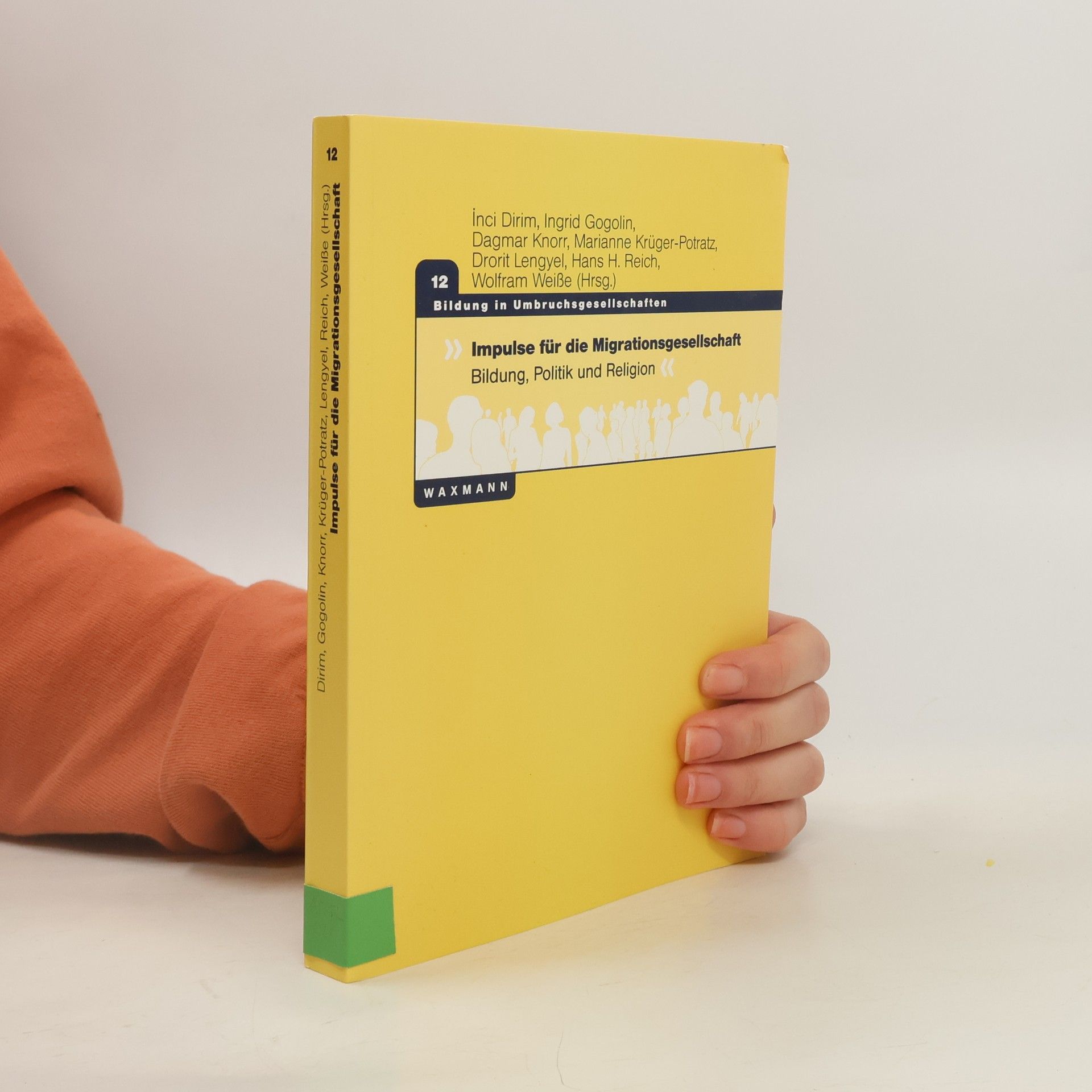Was, wenn alles anders ist, als gedacht?In naher Ansgar Weiß führt ein harmonisch-beschauliches Leben. Nur an seinem Geburtstag schiebt er regelmäßig Frust. Obwohl im Sommer auf der Nordhalbkugel, spielt das Wetter oft so gar nicht mit. Als Kind fiel ihm das nicht weiter auf.Später als Erwachsener sind die regelmäßig durch Regen und Kälteeinbrüche versauten Geburtstage mehr als nur eine Zumutung, sie sind ein kosmischer Wink des Schicksals, eine stochastisch belegbare Wettersingularität, die er – unfreiwillig – überallhin mitzunehmen scheint.Die Korrelation von Schlechtwetter und seinem Geburtstag, die sich bei einem ultimativen Test als feste Konstante zeigt, ruft auch andere auf den Plan, deren Absichten inmitten einer klimakollabierenden Erde schwer zu durchschauen sind, und für Ansgar beginnt ein gefährliches Abenteuer um den halben Erdglobus und weit darüber hinaus. Eine Reise, die er sich in seinen kühnsten Träumen niemals hätte vorstellen können …Ein Science-Fiction-Thriller, der daherkommt, wie der sprichwörtliche Wolf im Schafspelz. Erst auf ganz leisen Pfoten, dann ein irrwitziger, wendungsreicher Trip, der alle Vorstellungen sprengt.
Wolfram Weiße Book order (chronological)




This publication assumes that the modern context of plurality requires universities and higher education to support studying plural religious traditions in depth, giving due consideration to plural religious and secular perspectives, and providing opportunities for interaction between them. There are various ways to realise these aims. Success may be supported (or hindered) by various structures and concepts prevalent in universities or by different schools of thought on the nature of religions, on their relation to each other, and on their place in society. Religions and theologies can be studied in parallel, in cooperation, in dialogue, or through integrative approaches. The differing theoretical positions and contextual conditions (institutional, social, political) within which (inter)religious learning takes place are an important focus of this publication, both for the possibilities they open up and the limitations they pose.This publication builds on the presentations and discussions of scholars participating at a conference at the University of Hamburg in December 2018, with some additional contributions from others in the field who were unable to attend in person.
Vielstimmigkeit prägt dieses Buch, das verschiedene akademische Disziplinen und berufliche Felder vereint, um die facettenreiche Arbeit von Ursula Neumann zu reflektieren. Der erste Teil widmet sich der Reflexion grundlegender Begriffe und Konzepte im Bereich „Migration und Bildung“, die von intensiven und kontroversen Debatten geprägt sind. Im zweiten Teil werden politische und institutionelle Aspekte beleuchtet, wobei verschiedene Perspektiven aufzeigen, wie sprachliche und kulturelle Heterogenität Integration, Erziehung und Bildung beeinflusst. Der dritte Teil thematisiert die Rolle von Religionen, deren Bedeutung in Gesellschaft und Wissenschaft in den letzten 15 Jahren, insbesondere im Kontext von Migration und Integration, gewachsen ist. Dies macht Religion zu einem zentralen Faktor für interkulturelle und interreligiöse Bildung. Im vierten Teil wird die „Neuorientierung der Bildung“ behandelt. Hier werden Ansätze auf den Ebenen Bildungspolitik, Wissenschaft und Praxis vorgestellt, die den Beginn eines langfristigen und fortwährenden Prozesses der Neuorientierung markieren. Das Buch bietet somit einen umfassenden Einblick in die Herausforderungen und Chancen, die sich aus der Vielstimmigkeit in den Bereichen Migration, Bildung und Integration ergeben.
Hauptströmungen evangelischer Religionspädagogik im 20. Jahrhundert
Ein Quellen- und Arbeitsbuch
- 403 pages
- 15 hours of reading